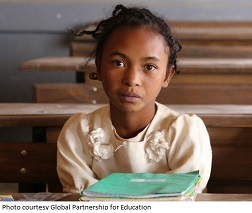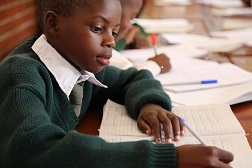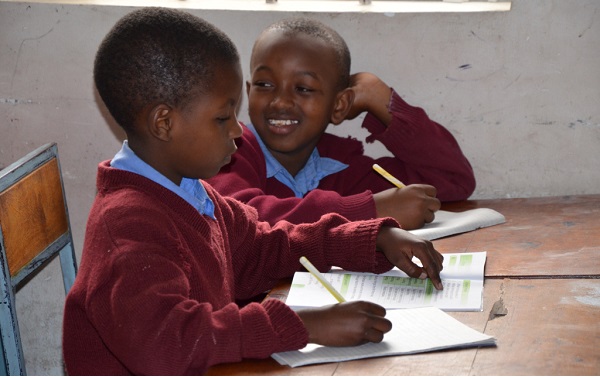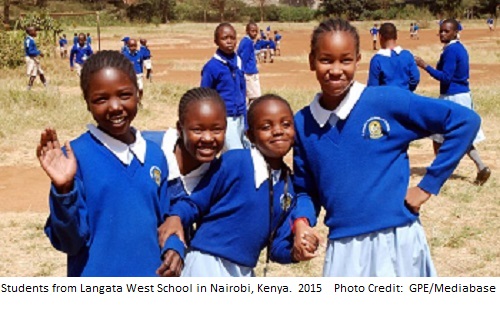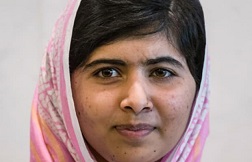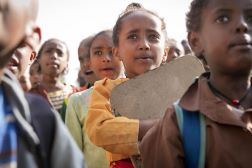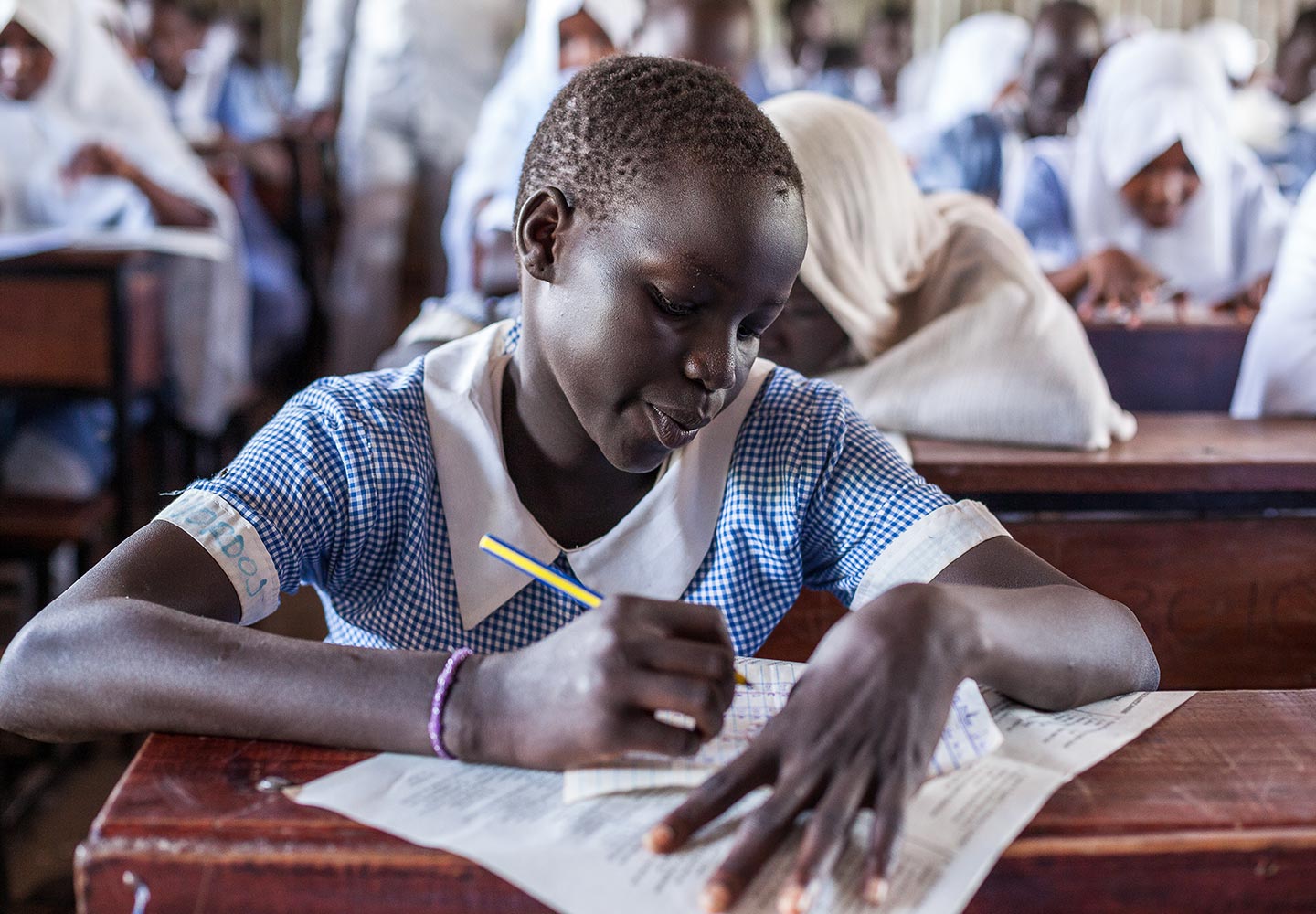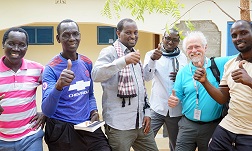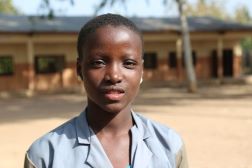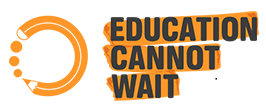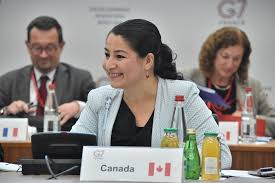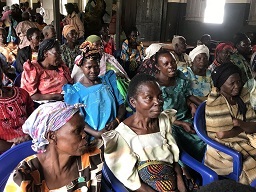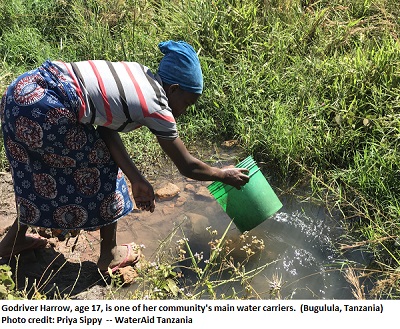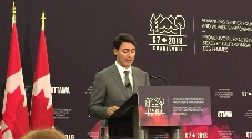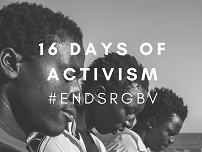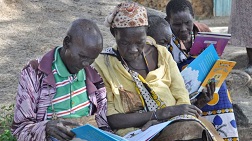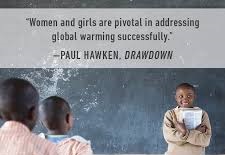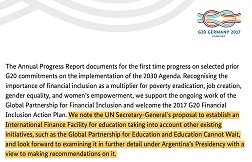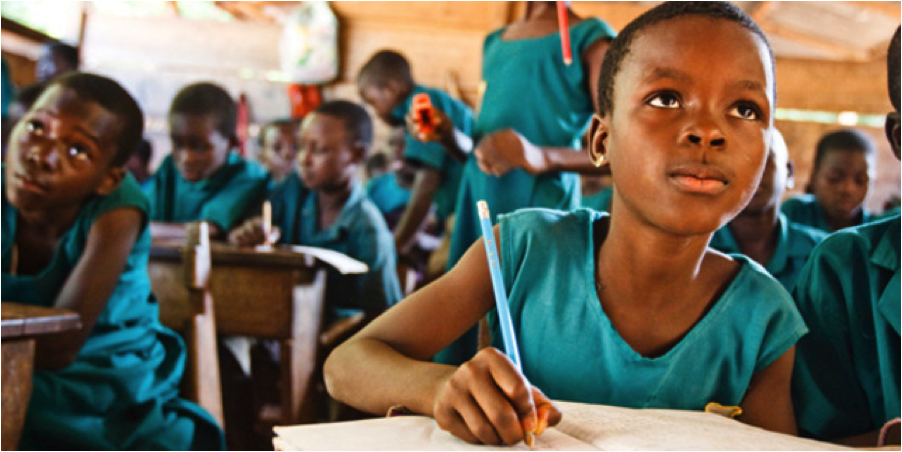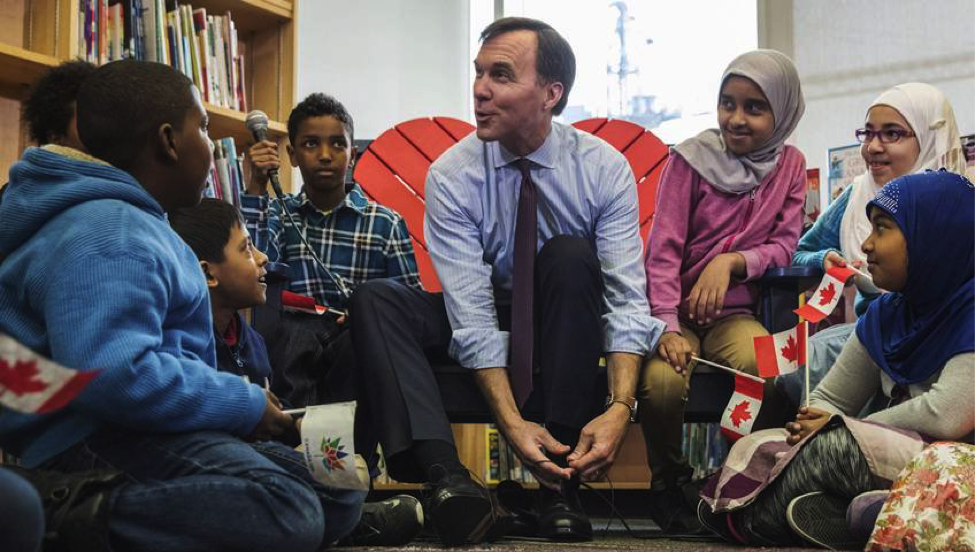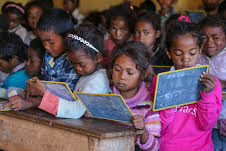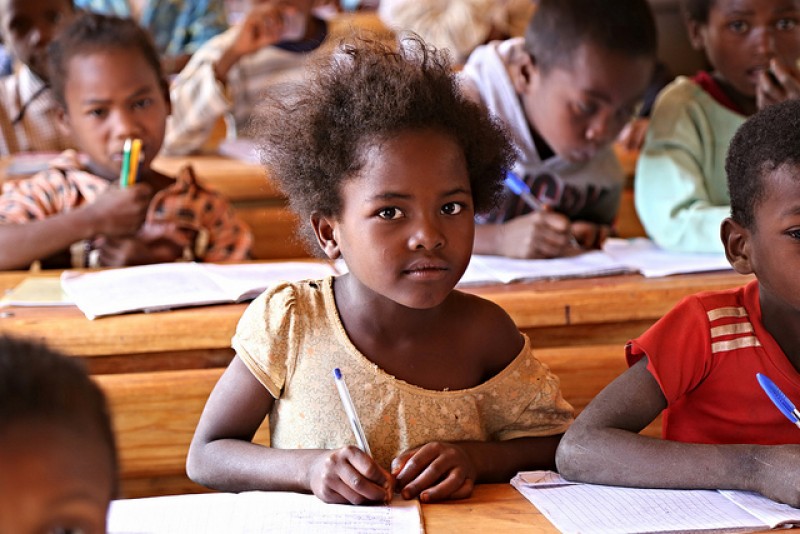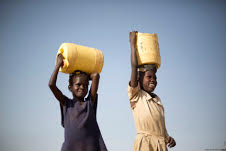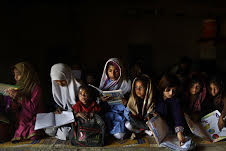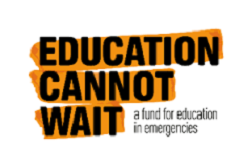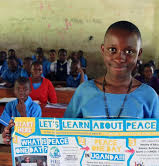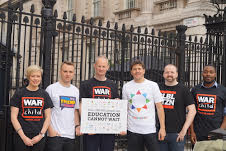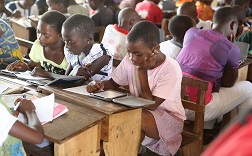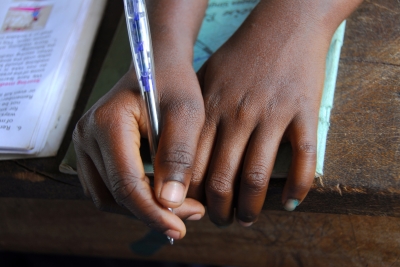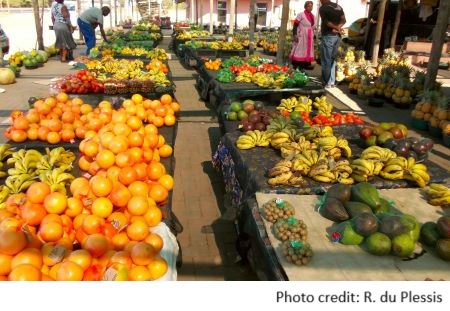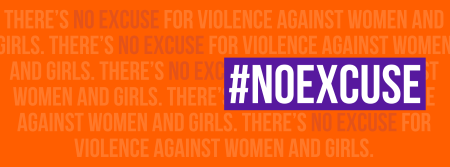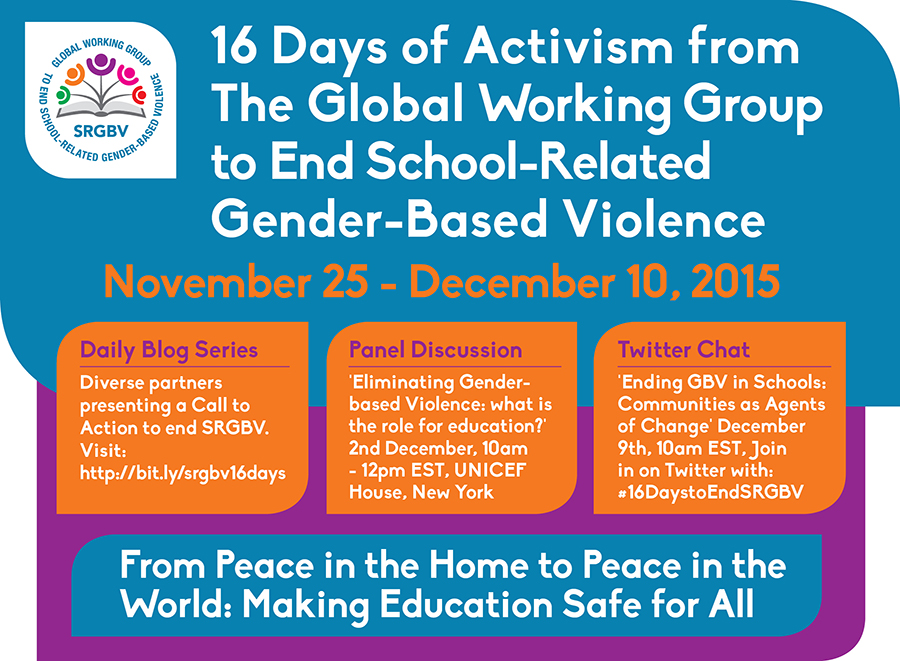
Gender-based violence (GBV) is a pervasive human rights issue. It often goes unrecognized and unreported, is accepted as part of the nature of things and is shrouded in a culture of silence.
School-related gender-based violence (SRGBV) is defined as acts or threats of sexual, physical or psychological violence occurring in or around schools and/or on the way to school. Girls are particularly vulnerable to SRGBV, which often stems from deeply rooted cultural beliefs and practices, power imbalances and gender norms. It includes acts of bullying, sexual or verbal harassment, physical violence, corporal punishment, non-consensual touching, rape and assault. It is a serious violation of human rights, increasing vulnerability to HIV and can have a negative impact on school attendance and the ability to receive a quality education.
SRGBV is widespread in sub Saharan Africa. Direct attacks on schools, armed conflict and sexual intimidation and exploitation at school and on the way to school often result in parents keeping their daughters at home rather than expose them to risk of harm. Moreover, the direct and indirect effects of widespread sexual violence can continue long after conflicts end. Children affected by HIV and AIDS are also at increased risk of sexual violence and being targeted for bullying.
Violence and abuse can have serious detrimental effects on children’s health and well-being and their ability to learn to their full potential. The consequences of SRGBV can have serious psychological consequences including low self-esteem, under developed social skills, and general anxiety. This in turn, impacts on concentration, may increase dropout rates and lead to reduced academic achievement. SRGBV prevents children, especially girls, exercising their right to a safe, inclusive and quality education.
There is a need for a coordinated, multilevel and multifaceted approach to tackle violence in schools, and one that recognizes the interrelated nature of different forms of violence both within and outside the school environment. The education sector has an important role to play in helping prevent GBV through gender-transformative teaching and learning approaches, supported by well-trained teachers and education personnel.
UNESCO along with UNGEI (United Nations Girls Education Initiative), UN Women, Plan International and partners have joined together to highlight Gender Based Violence with the campaign “16 Days of Activism Against Gender-Based Violence.” In addition, The Global Working Group to End SRGBV has joined the 16 Days campaign to raise awareness and the urgency with which SRGBV must be addressed. They have launched a ‘Call to Action’ during this period which highlights the major actions that need to be taken to end SRGBV. To see the Call to Action, daily blogs and further information, go to:


